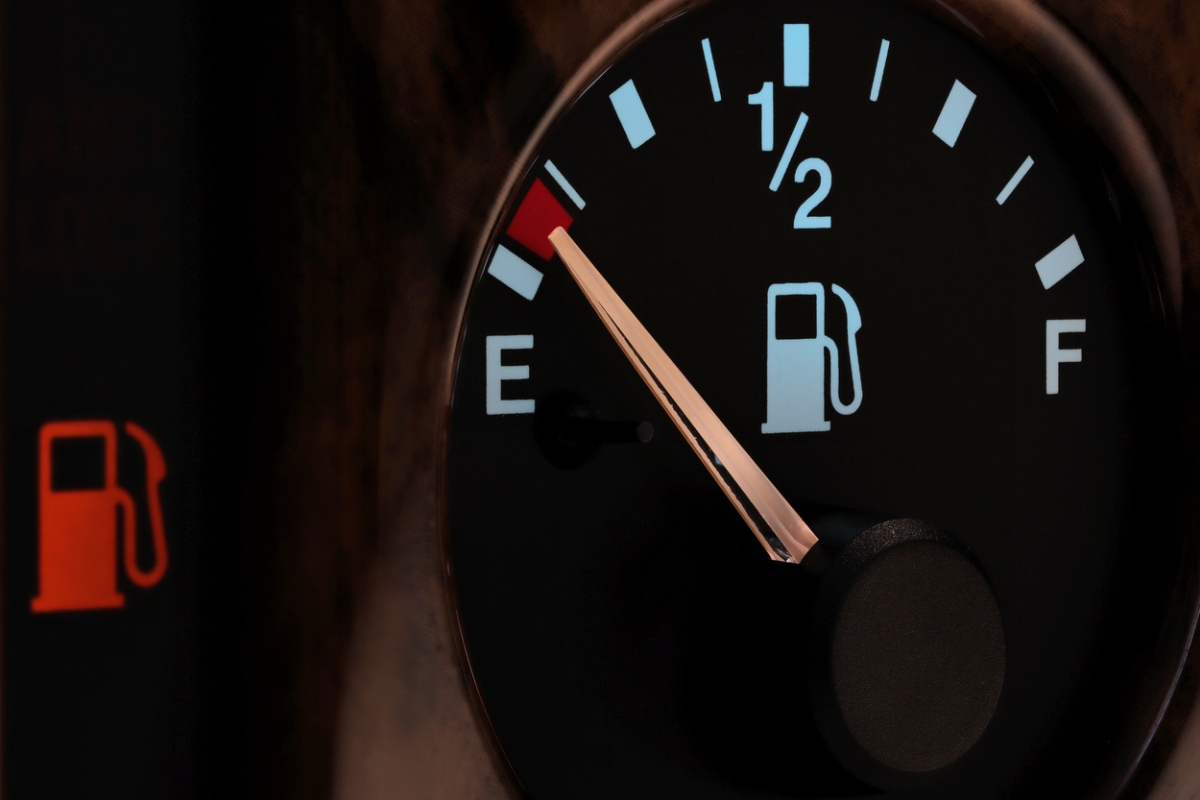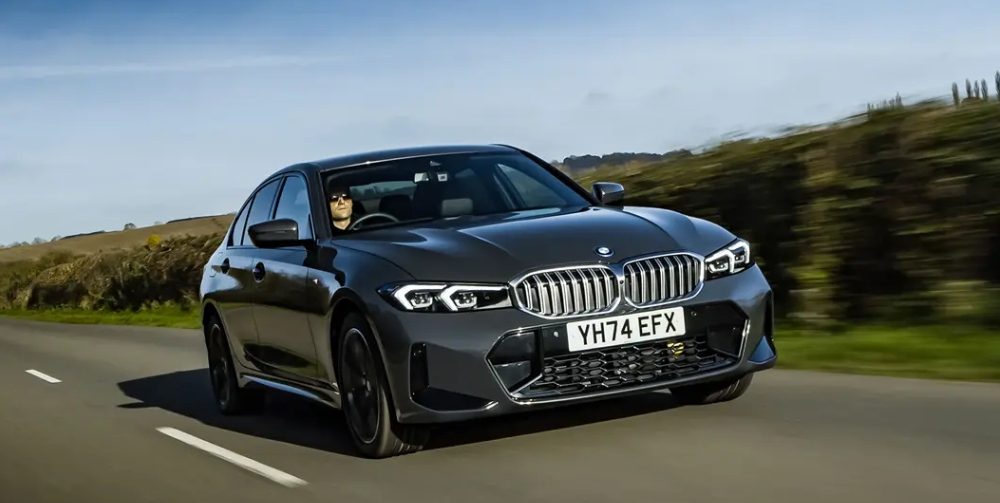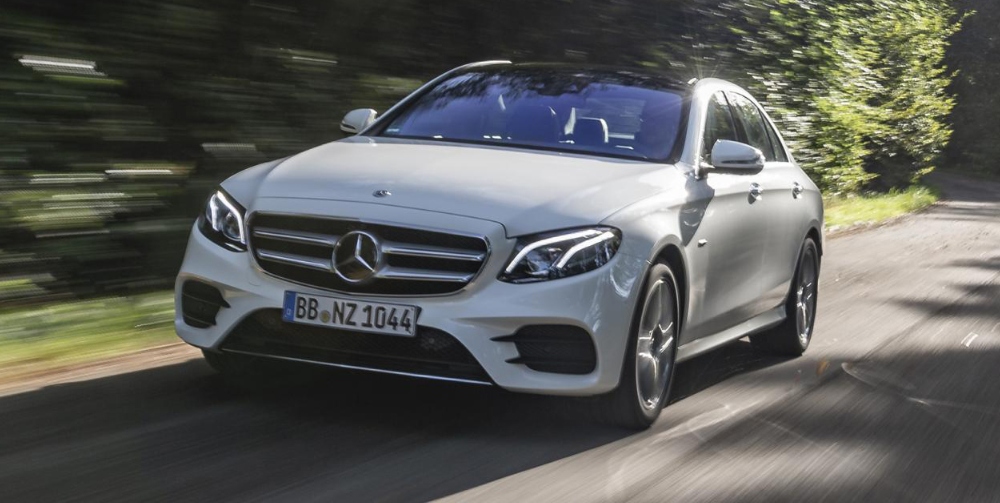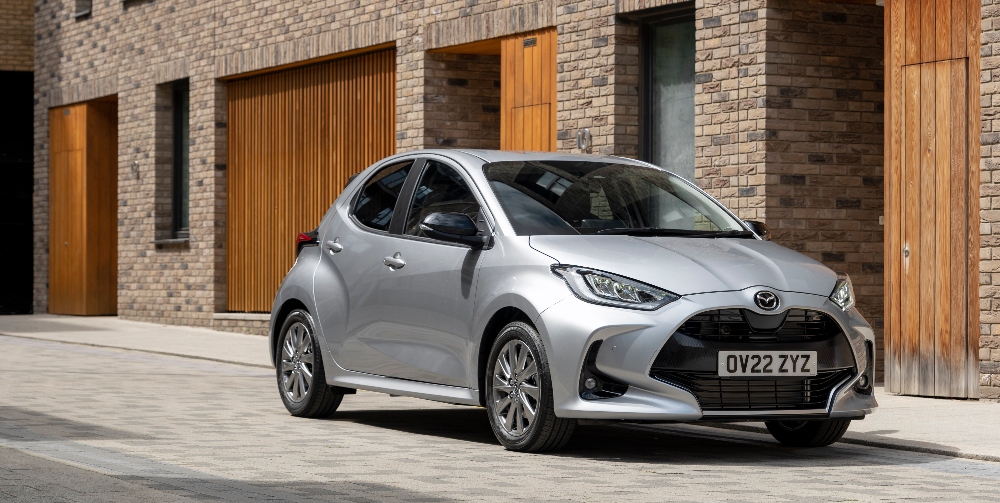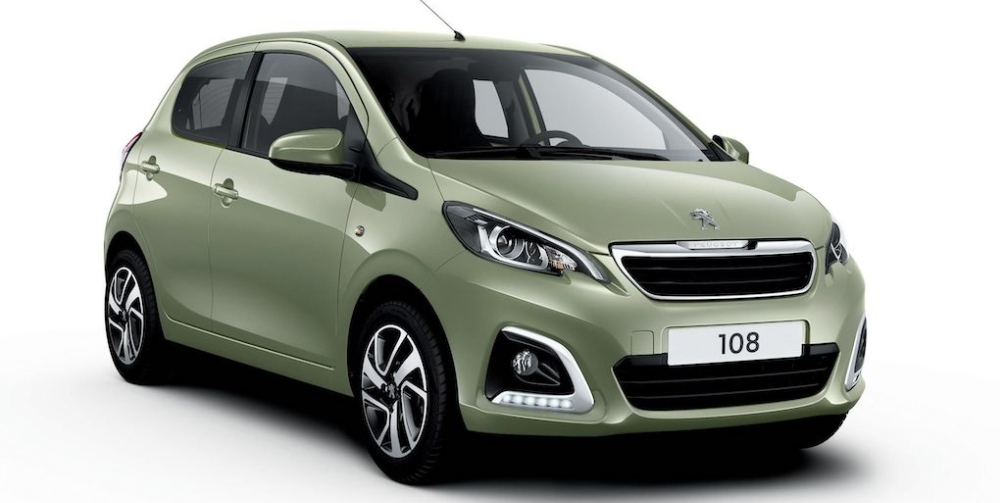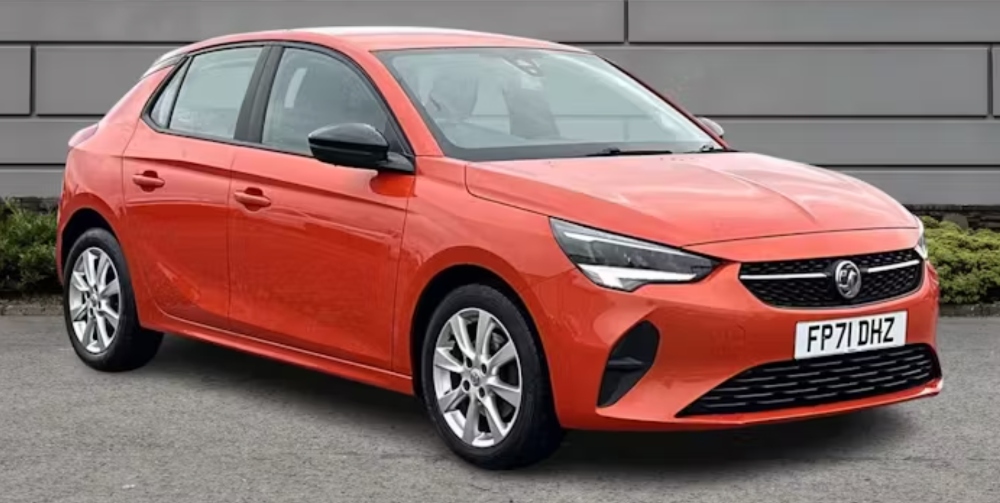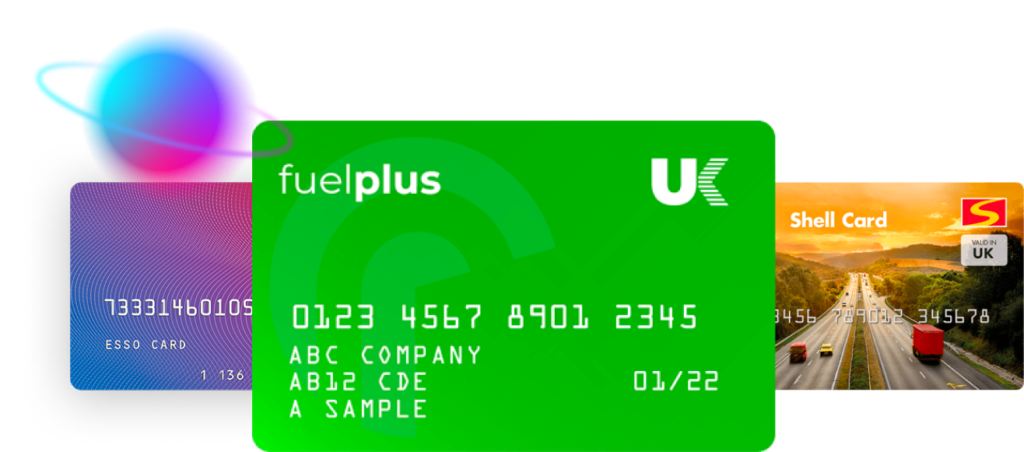As businesses look to cut costs and reduce their environmental impact, fuel-efficient cars are becoming an increasingly smart investment, especially for sole traders and SMEs who rely on their vehicles to keep things moving.
Whether you’re visiting customers or managing a small fleet, choosing a more economical vehicle can make a big difference to your bottom line. And with fuel prices fluctuating, getting more out of every litre matters now more than ever.
To help you make an informed decision, we’ve rounded up some of the most fuel-efficient cars for 2025. We’re also explaining how fuel economy is measured, so you can understand what MPG figures mean (and why they should matter to your business).
Let’s get started.
How to Measure Fuel Economy
Fuel economy is generally measured in miles per gallon (MPG). These figures tell you how far a vehicle can travel using a specific amount of fuel as a higher MPG means better efficiency.
To ensure consistency across manufacturers, fuel economy is tested using regulated procedures. Today, the most widely used standard is the World Harmonised Light Vehicle Test Procedure (WLTP).
WLTP tests simulate a range of driving conditions, from stop-start city traffic to motorway driving. This helps produce figures that more closely reflect real-world driving.
You’ll often see fuel economy listed in three categories:
- City (urban) – frequent stopping and starting
- Motorway (extra-urban) – driving at a consistent, higher speed
- Combined – an average of both, giving the most useful figure
It’s important to note that real-world results vary depending on driving style, terrain, weather, and vehicle load.
The Best Fuel Efficient Cars
We’ve collated a list of fuel-efficient cars, so whether you’re attending jobs in a city or looking for something that can handle long-distance travel, we’ve got options that cut fuel costs without compromising on performance.
BMW 330e Plug-in Hybrid
With a fuel economy of up to 217.3mpg (WLTP) and an electric-only range of around 30 miles, the BMW 330e combines performance and efficiency.
Under the bonnet, you’ll find a 2.0-litre turbocharged petrol engine paired with an electric motor, delivering a smooth drive that doesn’t compromise on power.
Whether you’re commuting daily or taking longer journeys, the hybrid system switches between electric and petrol power to maximise fuel savings.
The 330e is a great option for company car drivers thanks to its low tax rates and strong resale value. Add in its high-quality interior and responsive handling, and it’s a car that’s easy to enjoy every day.
Mercedes-Benz E300de Plug-in Hybrid
The Mercedes-Benz E300de is a plug-in hybrid that blends luxury with cutting-edge fuel efficiency.
Also rated at up to 217.3mpg (WLTP) and capable of around 33 miles in pure electric mode, this car is ideal for professionals looking to reduce running costs without sacrificing comfort.
What sets the E300de apart is its pairing of a 2.0-litre diesel engine with an electric motor, offering greater long-distance efficiency than most petrol-based hybrids.
The E300de’s interior is everything you’d expect from a Mercedes; it’s comfortable, well-built, and packed with smart tech. This makes it ideal for long drives and fleet drivers who want both luxury and lower running costs.
Mazda 2 Hybrid
The Mazda 2 Hybrid is a compact, fuel-efficient car that’s perfect for city driving.
With a fuel economy of up to 74.3mpg, it’s a great choice for drivers looking to lower their fuel costs without the need to plug in or worry about charging schedules.
Its hybrid system switches between the petrol engine and electric motor to optimise fuel consumption, offering smooth and quiet performance, particularly in built up areas.
This makes it an ideal option for those who want to save on fuel costs while still enjoying a comfortable, well-built car.
To save even further on fuel costs, apply for a FuelQ card. The online application only takes a few minutes and you could be missing out on big savings.
Start saving now by applying for a FuelQ card in minutes.
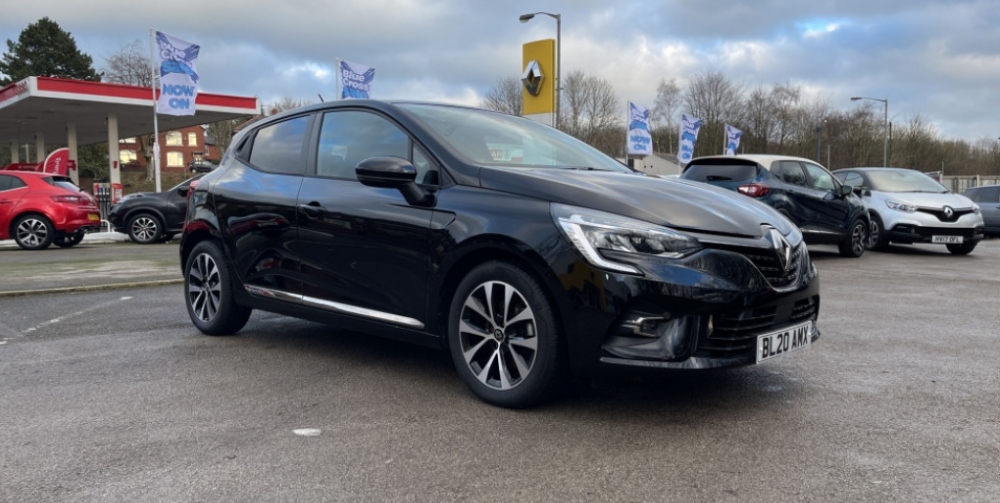
Renault Clio 1.5 dCi 85
The Renault Clio is one of the most fuel-efficient diesel cars on the market. Now in its fifth generation, it’s known for being reliable, affordable, and economical.
If you choose the 1.5 dCi 85 diesel engine you can expect fuel economy figures of up to 67.2mpg (WLTP) – ideal for regular motorway driving.
This four-cylinder engine delivers 90bhp and 220Nm of torque, reaching 0–62mph in around 12 seconds. Some models also come equipped with Renault’s Traffic & Motorway Assistance Pack, which can help improve comfort and efficiency by automatically accelerating, braking, and steering in slow-moving traffic.
Overall, the Clio stands out as a smart choice for drivers looking for low running costs without compromising on practicality.
Peugeot 108
The Peugeot 108 is a small but smart choice if you’re trying to increase your fuel efficiency.
First launched in 2014 as a replacement for the Peugeot 107, it’s designed to be affordable, easy to drive, and cheap to run.
One of the most fuel-efficient petrol cars on the market, the 108’s 1.0-litre petrol engine can deliver up to 58.9mpg (WLTP), helping your fuel card go further between top-ups.
Also with its lightweight build and compact size, it’s well-suited to stop-start city driving and short trips. Even though production ended in 2021, there are still plenty of used Peugeot 108s available.
It’s a practical choice for anyone who wants low running costs without stepping into hybrid or electric territory.
Vauxhall Corsa 1.5 Turbo D – 70.6mpg
The Vauxhall Corsa 1.5 Turbo D is a fuel-efficient vehicle. According to official WLTP (Worldwide Harmonised Light Vehicle Test Procedure) figures, it achieves up to 70.6 mpg, making it one of the most economical diesel cars in its class.
This model features a 1.5-litre turbocharged diesel engine producing 102 PS (approximately 100 bhp) and 250 Nm of torque. It’s paired with a six-speed manual transmission, contributing to its impressive fuel efficiency.
The Corsa 1.5 Turbo D is well-suited for drivers who cover long distances or have regular commutes, where diesel engines typically offer better fuel economy.
Although this diesel variant was discontinued in 2021, used models are still available and can be a cost-effective option for those looking for a fuel-efficient car.
How to Improve Fuel Efficiency
There are lots of ways to improve your fuel efficiency from looking after your vehicle, to driving smoothly, to reducing your air con usage.
We’ve written a whole blog about how you can avoid wasting fuel along with top tips so make sure you give it a read!
And if you’re looking to improve fuel efficiency whilst reducing your fuel costs, consider applying for a FuelQ card. With a 2 minute application process, you could be enjoying big savings regardless of whether you’re an individual, business, or large fleet.
Your Pick of the Best Fuel Efficient Cars
Rising fuel prices and an increased pressure to operate sustainably means choosing a fuel-efficient vehicle is a smart business move.
From plug-in hybrids like the BMW 330e and Mercedes-Benz E300de to diesel options such as the Vauxhall Corsa 1.5 Turbo D, there are plenty of options that combine strong MPG with solid performance.
By understanding how fuel economy is measured, especially under WLTP standards, you’ll be better equipped to choose a vehicle that meets both your budget and operational needs.
And to boost those savings even further, applying for a FuelQ card takes just minutes and helps you cut costs every time you refuel.
Apply here and start enjoying the benefits today!
